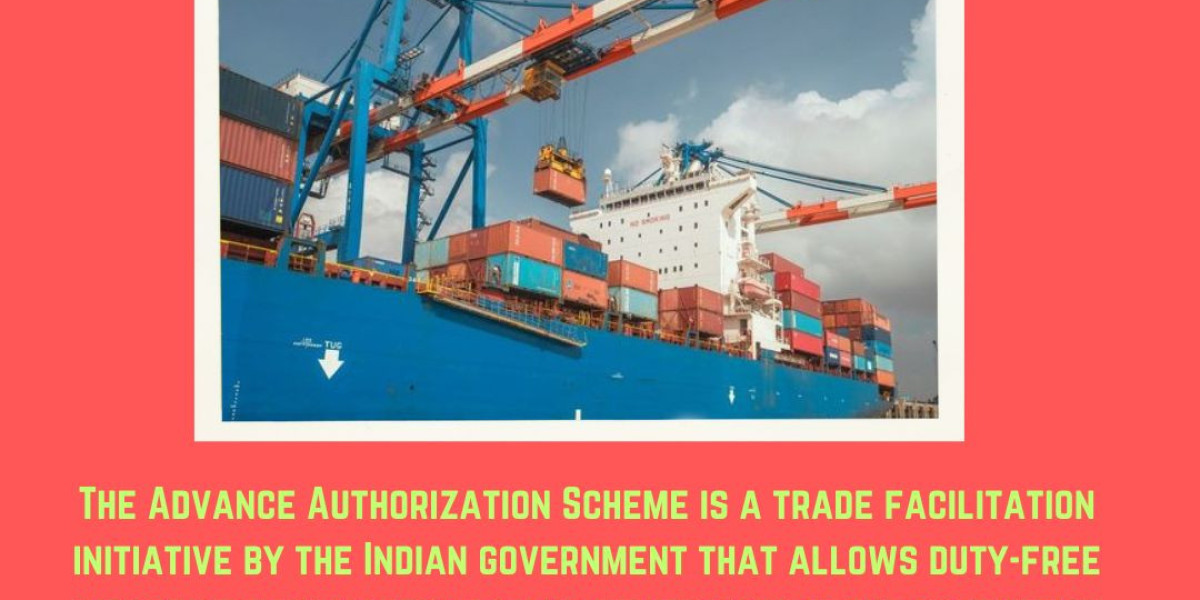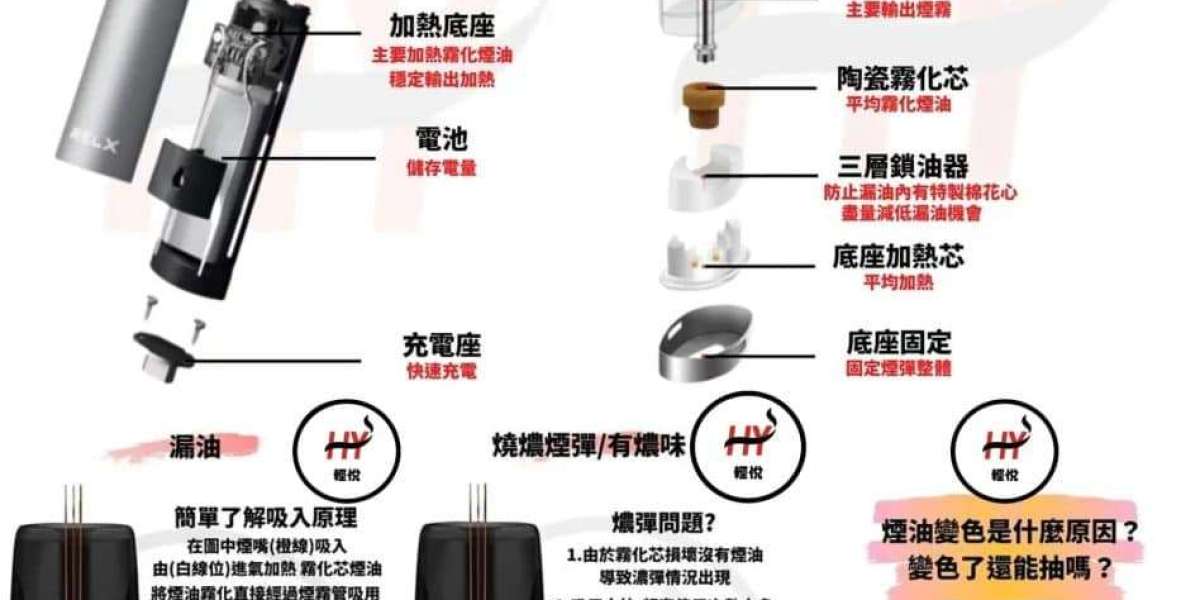The Advance Authorization Scheme (AAS) is one of the key components of India’s Foreign Trade Policy, designed to promote export-oriented industries. It allows exporters to import goods without paying import duties, provided the goods are used in the production of export goods. The scheme aims to increase India's competitiveness in global markets by making exports more affordable and encouraging foreign exchange earnings.In this article, we will explore the details of the Advance Authorization Scheme, its benefits, eligibility criteria, process, and the compliance requirements exporters must follow.
What is the Advance Authorization Scheme?
The Advance Authorization Scheme is a facility under the Indian Foreign Trade Policy (FTP) that permits exporters to import inputs or raw materials required for the production of goods intended for export, without having to pay import duties. The key requirement is that the imported inputs must be used in the production of exportable goods, which are then exported within a prescribed time frame.The aim of the AAS is to ensure that Indian exports are competitive on the international stage by lowering the cost of production.
Key Features of the Advance Authorization Scheme
- Duty-Free Imports: One of the most significant features of the Advance Authorization Scheme is that it allows for the duty-free import of goods used in the manufacturing process of exportable products. This leads to a reduction in the overall production cost.
- Pre and Post-Export Scheme: The AAS allows for two types of authorizations – the pre-export authorization and post-export authorization. The pre-export authorization enables the exporter to import raw materials before fulfilling the export commitment, whereas the post-export authorization is granted after the export is made.
- Export Obligation: The key condition for the authorization is that the exported goods must meet a minimum export obligation (MEO). The exporter is required to export the goods within a specific time period (usually 18 months) after receiving the authorization.
Eligibility for the Advance Authorization Scheme
The Advance Authorization Scheme is available to a wide range of exporters, including those in the following sectors:
- Manufacturer Exporters: These are companies involved in manufacturing goods and directly exporting them.
- Merchant Exporters: These exporters trade in goods, sourcing them from manufacturers and selling them abroad.
- Service Providers: Exporters involved in providing services like software development, consultancy, etc., are also eligible under certain conditions.
However, the exporter must meet specific criteria to qualify for the scheme, such as:
- The applicant should be registered under the GST (Goods and Services Tax).
- The applicant should have a sound track record in export performance, as evidenced by their previous export performance or financial documents.
Benefits of the Advance Authorization Scheme
The Advance Authorization Scheme offers several advantages, both for exporters and the economy:
- Reduced Import Duty: By allowing duty-free imports, the scheme significantly lowers the cost of production for exporters, which helps them compete more effectively in the global market.
- Boost to Export Performance: The scheme encourages exports by reducing production costs, making Indian products more competitive and boosting foreign exchange earnings.
- Incentive for Value Addition: The scheme encourages exporters to add value to raw materials by transforming them into finished products for export. This results in higher-value exports, benefiting the exporter and the national economy.
The Process of Applying for the Advance Authorization Scheme
The process for obtaining the Advance Authorization is relatively straightforward, though it requires attention to detail to ensure compliance with all the regulations. Here are the steps involved:
- Application Submission: Exporters must submit an application to the Directorate General of Foreign Trade (DGFT) or the concerned regional office. The application must include details about the inputs, finished products, and export obligations.
- Documentary Evidence: Along with the application, exporters need to submit documents such as export orders, proforma invoices, and a self-declaration of export commitment.
- Import of Inputs: After receiving approval, the exporter can import the required raw materials or components, ensuring that the goods are used only for manufacturing products intended for export.
Compliance and Monitoring
The Directorate General of Foreign Trade (DGFT) plays a significant role in monitoring the compliance of exporters with the terms of the Advance Authorization Scheme. Non-compliance with the export obligations can lead to penalties, cancellation of the authorization, or even legal actions.To ensure compliance, exporters must maintain records of their imports, manufacturing processes, and exports, and be ready for any inspections or audits by the authorities.
Conclusion
The Advance Authorization Scheme is an essential tool for promoting exports and boosting India’s foreign trade. By offering duty-free imports of raw materials, it enables exporters to reduce costs and enhance the competitiveness of their products in international markets. However, exporters must ensure they meet the eligibility criteria, follow the correct application process, and comply with all regulations to reap the full benefits of the scheme.For companies like dckmspl, the Advance Authorization Scheme is a valuable resource that can help streamline operations, enhance profitability, and increase export potential.



